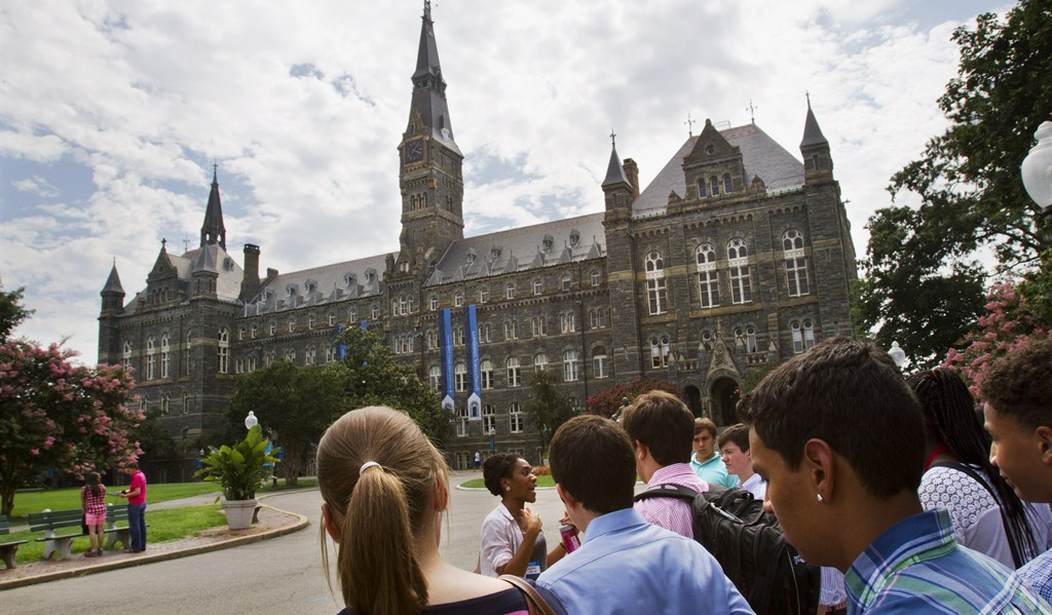Regulations are flying out the door in in Washington, where an already hyper-aggressive Obama administration is looking at its last chance to move its agenda forward while sidestepping the Republicans in Congress.
Many of the expensive rules in areas like energy, health care, and finance have drawn widespread public and media scrutiny ---- which makes it all the more curious that what is likely to be the single most expensive proposed regulation of the year, a Department of Education rule that would discharge billions in student loans, has gone almost completely unnoticed.
The proposed rule, titled the "Borrower Defense to Repayment Regulations," would create a stampede to file claims for loan forgiveness based on a newly broadened, vague standard requiring only that a plaintiff allege a school made a "substantial misrepresentation." This phrase is defined broadly as any "statement" or "omission" with a "likelihood or tendency to mislead under the circumstances."
For decades students have been able to apply for loan forgiveness when they were victims of intentional fraud or another violation of state law. The proposed rule ditches the requirement that there be any actual legal violation, substituting in a new standard so vague that complaints will proliferate based on innocent errors and alleged misunderstandings ---- with the costs shifted either onto schools or, ultimately, to federal taxpayers.
Schools will have little recourse to defend against the allegations. Determination of whether an institution has made a "substantial misrepresentation" to a student or group of students is made unilaterally by a hearing examiner at the Department of Education.The examiners, facing sympathetic tales of woe from people who racked up big debt totals, will likely be inclined to approve most of them.State universities and community colleges will consume taxpayer dollars defending themselves even when they prevail.Some schools, flooded with claims, will likely be put out of business, leaving taxpayers on the hook.
Recommended
The ultimate cost to taxpayers will be astonishing.The department's own analysis found "a net budget impact in costs over the 2017-2026 loan cohorts ranging between $1.997 billion in the lowest impact scenario to $42.698 billion in the highest impact scenario."
Let that sink in.Bureaucrats are proposing a rule that imposes costs ---- they think ---- of at least $2 billion and quite possibly $40 billion or more on taxpayers.What kind of insane range is that?They clearly have no clue how much this will cost.And who elected the Department of Education to spend our tax dollars at all?
The United States Constitution gives the power of the purse to Congress.And if Congress can't be convinced that millions of hardworking taxpayers who never went to college should be on the hook for billions in discharged student loans?Well, maybe it's not such a good idea.
What about those who were truly victimized, like the Corinthian College students who were the initial impetus for the rulemaking?Victims of fraud should have legal recourse, and the current rules do allow for loans to be discharged under those circumstances.
But creating a tidal wave of largely meritless claims under the extremely lax new proposed standard will only adversely affect legitimate claims of fraud and abuse, which would be better served by streamlining the process for complaints under the current clear legal standard requiring a breach of state law.
The bottom line is this: student debt is an explosive issue not just politically but fiscally ---- with taxpayers on the hook for enormous sums of money.And that's precisely why any new loan forgiveness program must be debated in Congress ---- not enacted via regulatory decree at the Department of Education.

























Join the conversation as a VIP Member